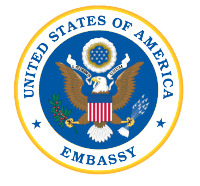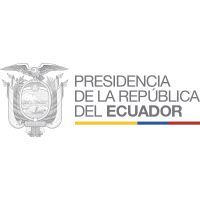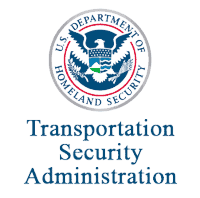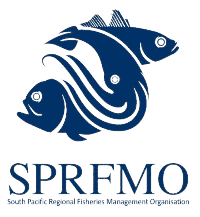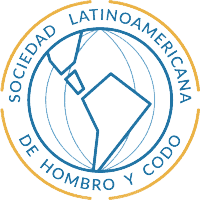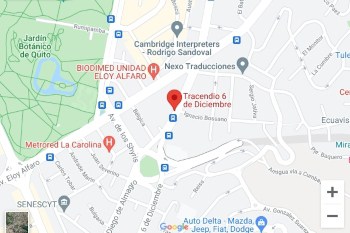ENGLISH – SPANISH Certified Translations
Why should you hire our services? We have more than 18 years of experience providing linguistic and document translation services, so we have the necessary skills to carry out professional translations of the highest level.
Are you looking for a certified or notarized translation?
Once the documents have been translated, the translation can either be certified or certified and notarized.
A certified translation differs from a notarized one in that it is the translators, through their knowledge -endorsed by stamps or professional registration numbers,- who attest that the documents delivered are a faithful translation of the original.
Notarized translations are those in which a notary guarantees that the document was translated by the translator appearing before him/her, through the translator’s signature recognition. In this case the notary requires for the translator to appear before him/her, and present his/her credentials as a translator so that the notary can attest that him/her signed the translation certificate.
It should be noted that the notary public does not certify the quality of the translation, but he/she only verifies the identity of the translator to hold him/her liable if the case may be.
The selection of one or another type of endorsement depends on the body requesting the translation. Usually, if the documents are to be sent to state institutions, for visa or residence procedures, they need to be notarized.
Find answers about certified translations
Certified translations are those endorsed by a certified professional translator. The translated text must bear the official stamp and signature of the certified translator, who validates the truthfulness and accuracy of the translated text in relation to the original document.
Certified translations are carried out to manage processes or requests by natural persons, as well as public or private bodies, for example, companies, organizations, institutions, government agencies, among others. The documents that are usually requested are related to migration procedures, legal documents such as birth certificates, marriage certificates, certificates, degrees or diplomas, death certificates, legal documents, criminal records, contracts, etc.
A certified translator or a team of translators, are those in charge of translating and certifying their resulting work. To certify such documents, translators seal and sign the translated text, recognized and supported on the basis of professional degrees and translators’ credentials, accredited by national, international or both types of organizations. In addition, there are translators registered as Expert Translators who certify legal translations. They have a wide knowledge of the legal terminology required to carry out this sort of translations.
There are a wide variety of agencies in the market that specialize in different languages’ translation and document certification. Tracendio is a translation agency with more than 18 years of experience in the field. It is based in Guayaquil, Ecuador and provides nationwide coverage. In addition, it has both national and international certifications and among its services, offers certified and notarized document translation.
A certified translation needs to be notarized when it is to be presented to official institutions. In this case, it needs to be legalized by a notary. In order for a certified translation to be notarized, the translator validating the resulting document’s accuracy by signing and sealing the translation must appear before a Notary Public. The notary, a civil court judge or other competent body will then acknowledge the translator’s signature. The notary does not validate the translation content’s quality, but makes the certified translator responsible for the document.

